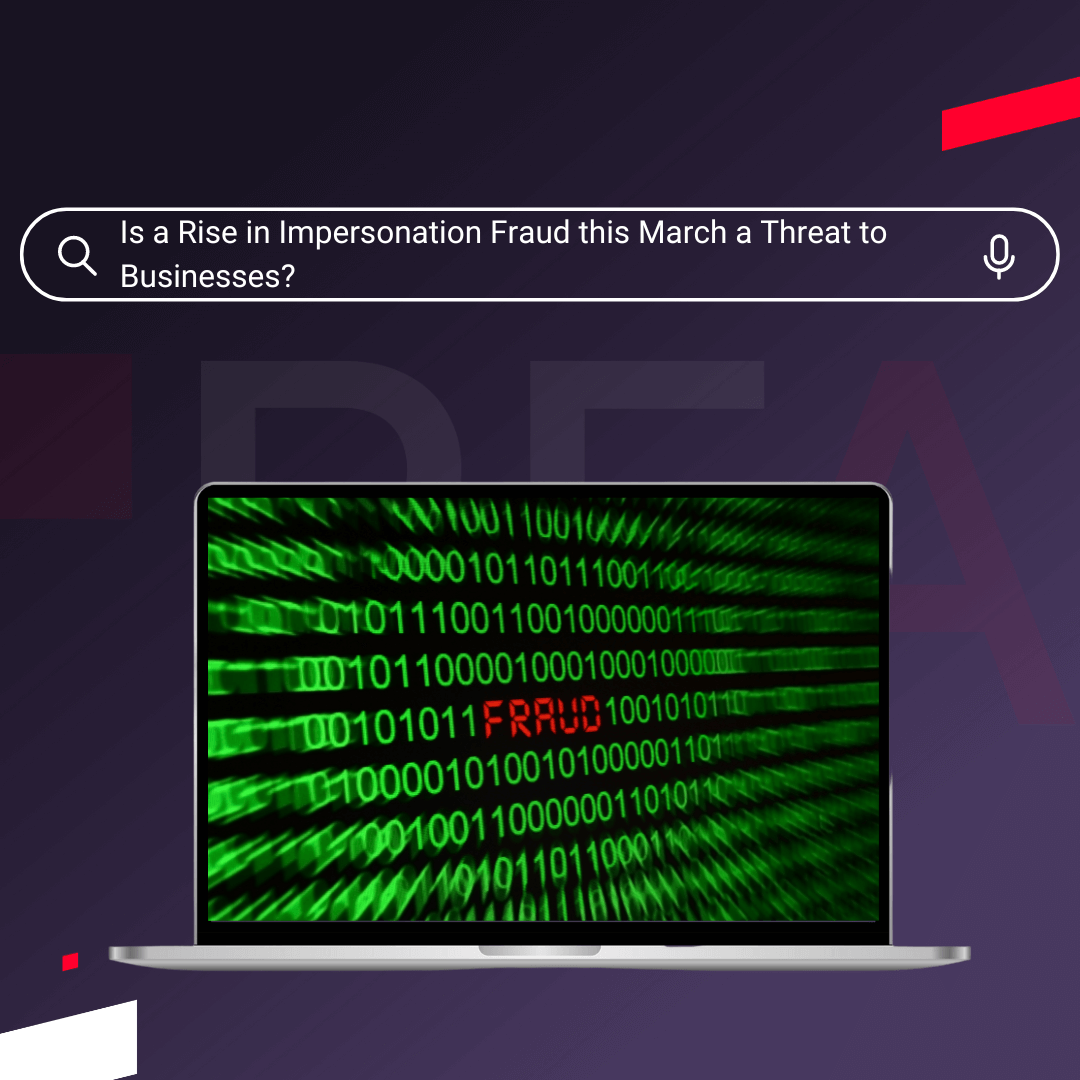Short selling is an advanced investment strategy that is seen by some professional investors as a way to make huge profits or a hedge against falling equity prices. However, it is also riskier than standard investments and the losses can quickly spiral out of control.
Whatever your view, the behaviour of short sellers can be an important leading indicator of the direction a business’s financial health might take.
That’s why Red Flag Alert uses data on short selling to feed into our financial health ratings. It’s the equivalent to the canary in the coal mine – a potential early warning sign that there might be deeper or more obscure problems at a company.
In this article we’re going to explain short selling in greater detail and why it’s an important indicator. We’ll then look at the UK’s top ten shorted companies and analyse five of the most interesting ones.
Short Selling Explained
Short selling is when investors speculate on the decline of a company’s share value.
The investor first borrows shares in a company they think will suffer a decline in share price and then immediately sells them for the going rate.
The trader is then betting that the value of the stock will drop before they have to return the shares to their owner.
Once the share value drops the trader can then repurchase them at the lower cost, return them to the owner and pocket the difference.
Of course, the value of the stock may not drop as predicted. If this happens the trader will have to buy back the stock at a higher rate and the losses here can be astronomical, as one hapless investor discovered.
This approach is the opposite of more conventional long strategies in which stocks are bought in the hope that they will increase.
With such huge gains and losses at stake, short sellers tend only to make their move once they are very sure about a company’s diminishing share value.
The level of short selling on a company is known as ‘total net short position’, and high levels of this indicate that a company’s share price could drop and that there may be deeper issues the market price hasn’t already reflected. Whatever the case, it certainly warrants closer inspection.
At Red Flag Alert, we factor this information into our decision systems and use it to help inform our financial health ratings of public companies.
Top 10 UK Short Sold Businesses
At the time of writing (02/07/20), the UK’s top 10 short sold companies are:
1. Hammerson (12.61% Total Net Short Position)
2. Metro Bank (9.71%)
3. Royal Mail (9.29%)
4. Premier Oil (8.74%)
5. Tullow Oil (7.86%)
6. Pearson plc (6.84%)
7. Cineworld Group (6.34%)
8. Pets at Home Group (5.44%)
9. Babcock International Group (5.22%)
10. Petropavlovsk (5.18%)
Let’s take a look at a few companies with short positions and consider what is driving this activity.
Hammerson

Source: Google
Total net short position: 12.61%
Real estate investment trust Hammerson owns Birmingham’s Bullring shopping centre as well as several other ‘flagship retail destinations’.
Its industry has been suffering from the long-term impact of online shopping, the recent drop in consumer confidence due to Brexit, and the devastating impact of lockdown. Most importantly, their customers are not paying the rent: the latest figures show two thirds of rents recently went unpaid.
However, Hammerson has been performing particularly poorly with almost £3 billion in debts and a share price that has dropped from 300p to 107p in a year.
With a recession on the way and the already ailing retail market set to be among the worst-hit sectors, short sellers think it’s going to keep getting worse.
Metro Bank

Source: Google
Total net short position: 9.71%
Metro Bank had been enjoying a decade of strong growth since its launch in 2010. However, 2019 turned out to be the challenger bank’s annus horribilis.
In January that year an accounting error led to several regulatory actions as well as a £375 million share issue.
As a result of this, Metro Bank’s share price plummeted by three quarters in less than four months and large depositors began to withdraw their funds.
Today, Metro Bank is in talks to acquire P2P lender Ratesetter. However, there is concern among board members that the pandemic may mean a surge of borrowers on the platform defaulting, resulting in further bad press for the company.
Given the depths the share price has plunged to since January 2019 (2,196p to today’s 105.5p) the short selling community believes the current environment will hinder its chances of shoring up the business and returning to profitability – perhaps an indicator of how difficult the UK market is for challenger banks.
Royal Mail

Source: Google
Total net short position: 9.29%
Royal Mail has struggled to adapt to its new highly competitive environment and has lost ground to rival companies since it was floated on the stock market seven years ago.
The company has experienced a decline in people sending letters and the B2B market offers many alternatives to customers. At the same time, the pandemic presented operational challenges surrounding staff health.
In late June the company announced that it was losing £1 million per day and that it would cut 2,000 management jobs and cancel the year’s dividend. It was also forced to pay out £40 million on PPE after several employees staged walkouts over health and safety fears.
EasyJet

Source: Google
Total net short position: 2.46%
EasyJet’s share price has dropped 51% since the beginning of 2020 and it declared a pre-tax loss of £353 million in its half-year results – perhaps not surprising, given that the business was grounded thanks to coronavirus.
However, the problems run deeper than that.
In May, the company’s founder and largest stakeholder Sir Stelios Haji-Ioannou instigated a shareholder revolt in an attempt to oust four of the company’s senior officials over a £4.5 billion order for 100 new aircraft from Airbus.
The company was recently the UK’s sixth most shorted company – it has slipped down the ranking, but is still one to watch.
Aston Martin Lagonda Global Holdings

Source: Google
Total net short position: 1.60%
The company only went public in October 2018, and at the time it was valued at £4.3 billion.
However, several issues in 2019 have seen its value plummet from £19 per share to just 50p.
The company made a deal with a consortium led by billionaire Lawrence Stroll in which he bought a 25% stake for £171 million and a rights issue raised £365 million. However, no sooner had this happened than the company announced that it did not have enough funds to survive the next 12 months due to its huge debts and continued poor sales blamed on coronavirus.
The company now intends to temporarily scale back its operations to give it some breathing space – short sellers are still sniffing around even with such a disastrously low share price.
Discover how Red Flag Alert’s experienced team can help you mitigate risk and protect your business. Why not get a free trial today and see how Red Flag Alert can help your business?




